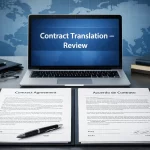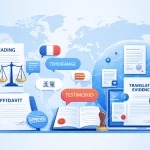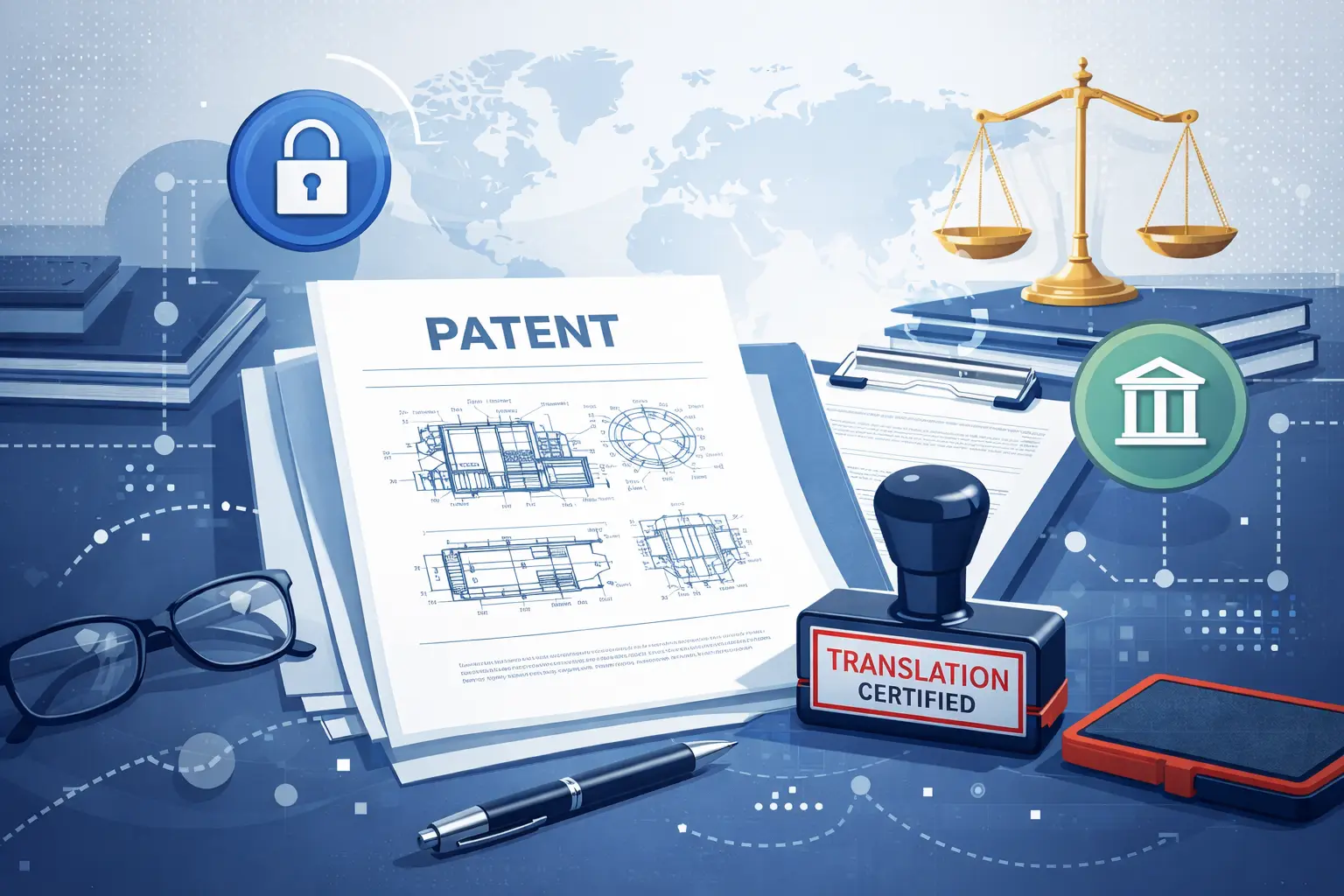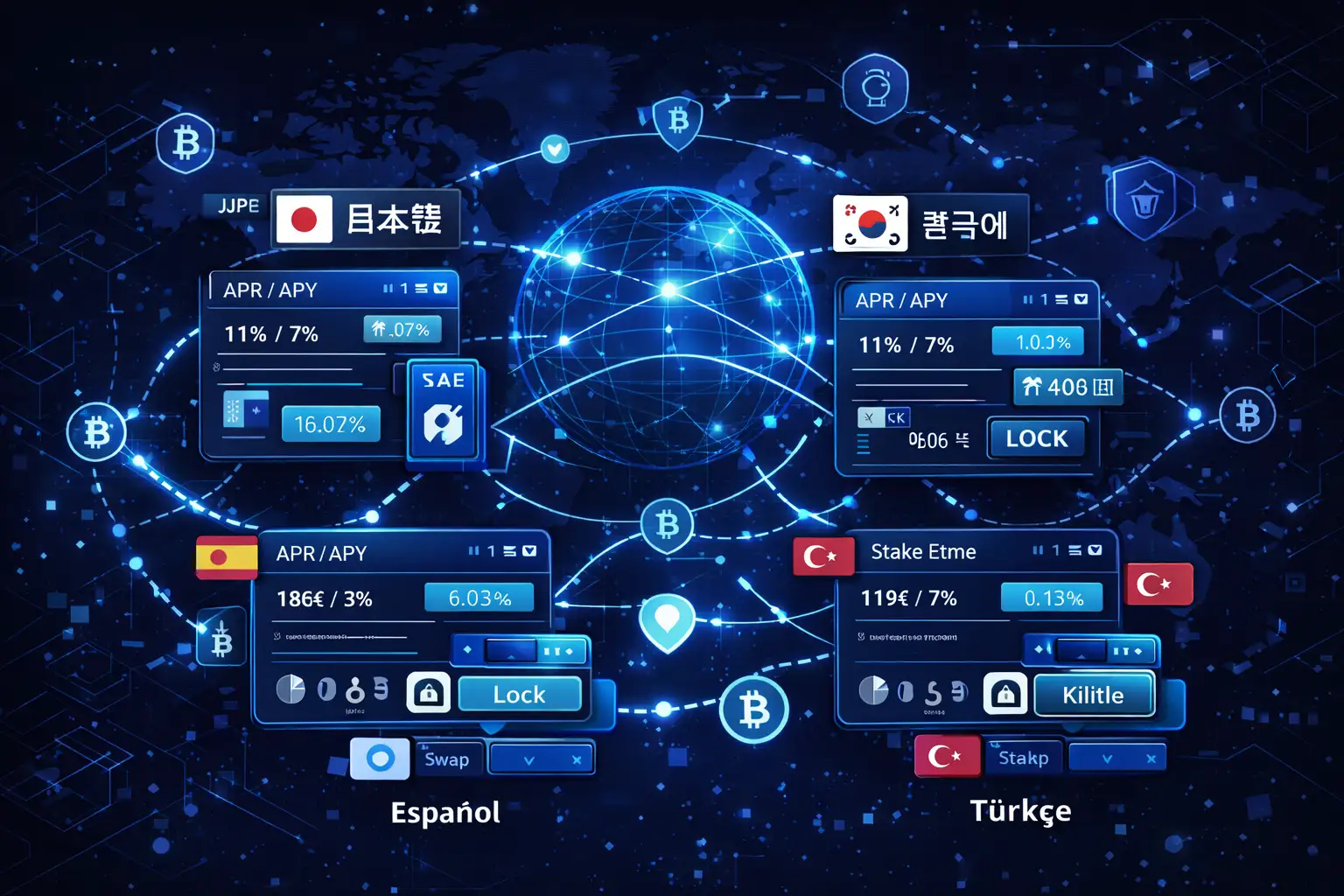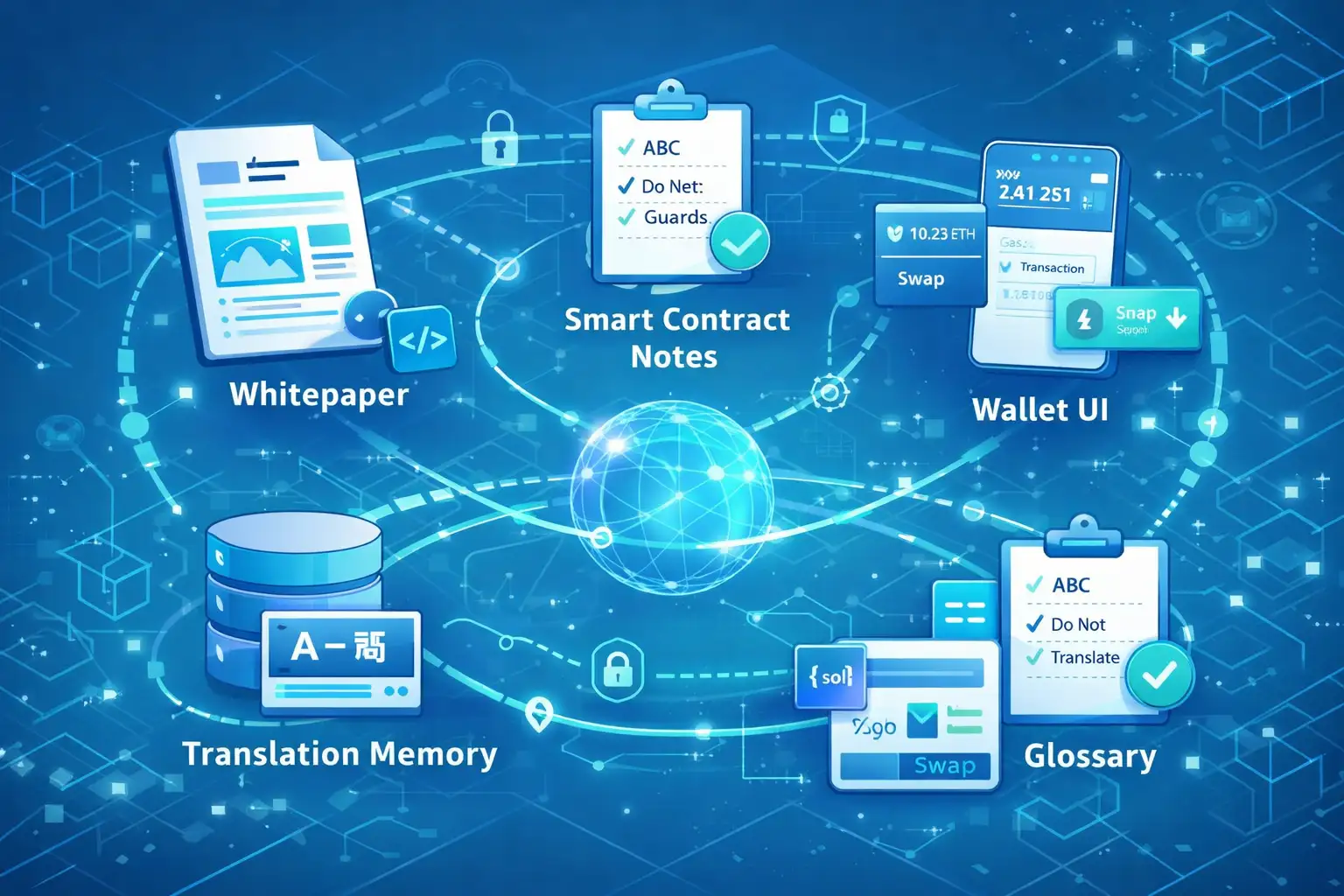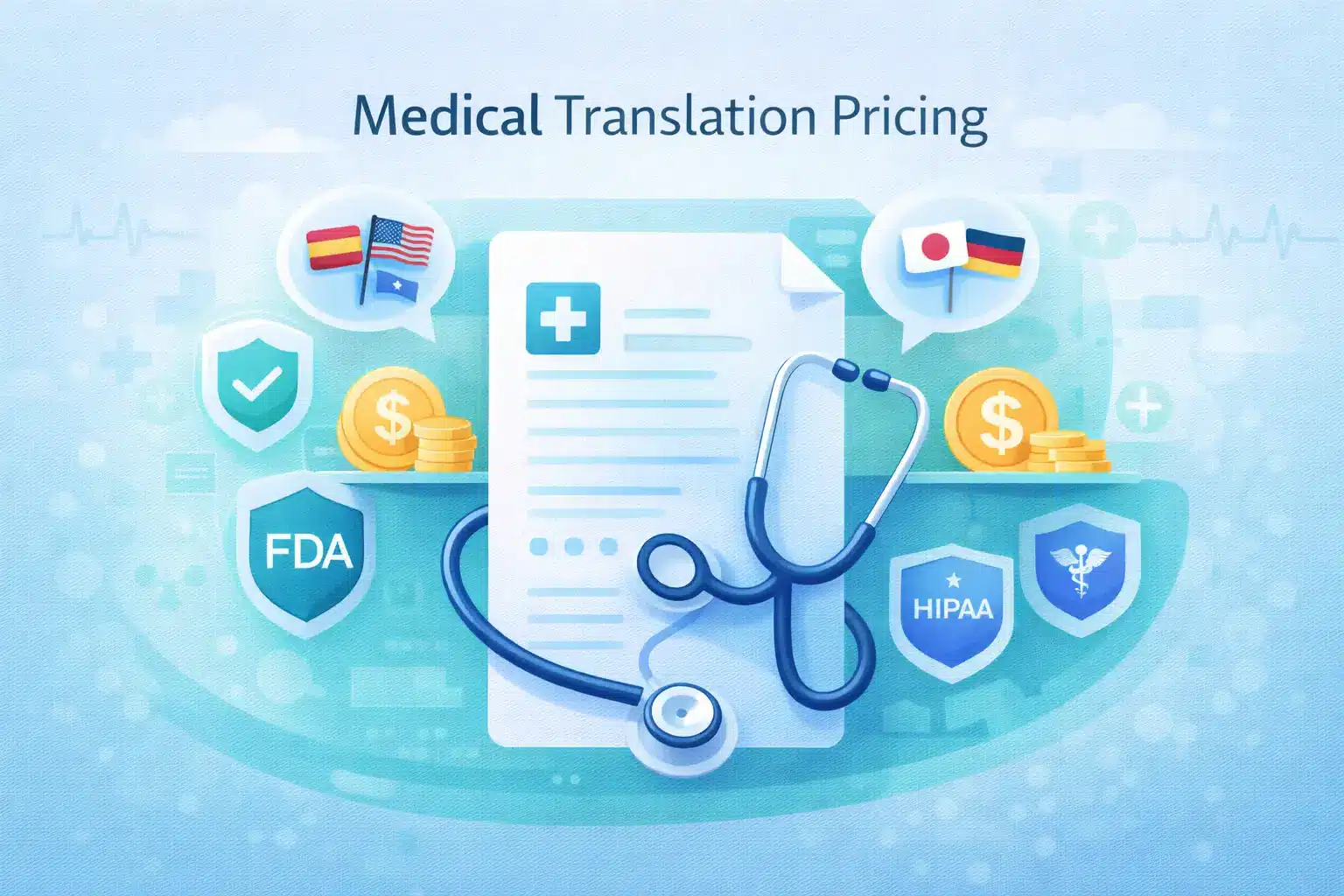So you want to get your message across in different languages. Great news! That’s a big step – one that’s sure to reap rewards. Now for the tricky part. The world of translation can be a daunting place for newbies to navigate. A simple online search for translation services throws up all kinds of results. But how do you know who to choose? And is it better to opt for a tried-and-tested translation company or a flexible freelancer working as an independent translator?
When you’re putting your all-important words in someone else’s hands, trust is key. Here are some top tips on choosing a translation services provider with confidence.
Translation agencies and freelancers: one-stop shop versus one-man band
On the whole, the main difference is that translation services tend to provide more reliable and consistent results, mostly due to their ability to draw from a range of experienced translators, while freelance translators are typically more personal and affordable, thus representing a better option for small or medium businesses without a high budget availability.
Freelance translators are language lovers who’ve got some business skills under their belt. They respond to inquiries, schedule jobs, quote prices, translate documents, send invoices, and handle feedback all by themselves. Meanwhile, translation agencies empower language industry professionals to do what they do best: work their magic from one language into another. A skilled team of project managers, tech gurus and eagle-eyed book-keepers takes care of the rest.
While an independent translator offers clear lines of communication and a personal touch, translation agencies combine all kinds of expertise in one single brain trust. There are benefits and drawbacks to each approach – and the right choice should bring together the best of both.
The right choice for the right voice
It’s important to make sure whoever handles your translation job is up to the task. They should be familiar with the subject matter: a foodie translator who masters cordon bleu menus might not be the right flavour for your legal documents. The obvious benefit of working with a freelancer is you know who they are and can vet their specific experience first-hand. Working with an agency, however, NDAs and non-compete clauses may make the linguist working on your project something of a mystery to you.
Some points to consider when you hire freelance translators:
- Do they have a translation degree?
- Do they have any expertise/qualifications in the relevant discipline?
- What are their language combinations? Are they a native speaker of the target language?
- Are they members of any language industry associations, such as the ITI in the UK or the BDÜ in Germany?
- Do they have a legitimate online presence on ProZ, LinkedIn or their own website?
The benefit of working with a translation agency is that they know the right questions to ask already – and do the legwork for you. Most agencies will use a pool of reliable freelance and/or in-house translators who have undergone their own rigorous testing and training processes. Some agencies specialise in specific fields and only hire professional translators with the relevant qualifications and expertise.
Look for online reviews of the agency in question to make sure they’re reputable, and if you decide to hire them, feel free to ask for any details they can give of their linguists’ skills.
The quality question
High quality translation is your ultimate goal. A reputable translation agency will often build its own quality control into the translation process, using other language lovers to proofread the initial translation and check formatting on completed files. An independent translator, however, often works alone, with no second opinion to call on.
If you’re working with an individual on a freelance basis, find out if the freelancer uses a proofreader and what checks they have built into their translation process to ensure quality work. Be aware that these may come at a cost.
All you have to do is ask
One often-overlooked aspect of the quality assurance process is asking questions before delivery. Translators will often seek clarity from clients on any confusing aspects of the source text before delivery. On a small creative project, direct contact with one individual can be ideal for bouncing ideas back and forth.
However, translation agency project managers make the ideal go-between. They often find themselves ‘translating’ a linguist’s question for a client, and vice versa. On larger multilingual projects, they can be crucial in gathering information and ensuring the same issue is dealt with consistently across many different languages.
Time is of the essence
Nowadays, communication is instantaneous – and translation turnaround times are shorter than ever. Direct communication helps save time. While agencies have to hear back from various players before they can confirm, freelance translators are just an email away. Masters of their own schedule, many go beyond the call of duty to fit in urgent projects.
But a freelance translator is only (one) human, after all. Meanwhile, translation agencies can use multiple tools to work their magic for you. Their project managers are scheduling wizards whose literal job is to ensure translation projects reach clients on time, every time. They can split files between multiple linguists, then use one proofreader to ensure consistency between sections. Got some text that needs translating yesterday? Turns out time travel is possible: agencies can contact people in a time zone five hours behind to help turn jobs around.
Tomorrow’s world: embracing translation tech
Using technology to help translate documents can benefit clients and language industry professionals alike. Machine translation and dedicated software tools offer greater speed and consistency than ever – and can help reduce costs.
While some language lovers are tech whizkids, others are old-school. Ask a prospective freelance collaborator if they use translation technology and how it can help you. Translation agencies may be better placed to answer. Depending on their size, they’ll often have dedicated IT teams, machine translation resources and even their own bespoke translation tools.
Whether they’re a freelancer or translation agency, any leading provider of language services should be committed to learning about the latest developments.
Making sure the price is right
Money talks – and the translation industry has a language all its own. Depending on the service, freelance translators and agencies may charge rates per word of text for translation, or by the hour for proofreading and editing. Usually, language service providers are happy to prepare a quote on request.
One difference is that agencies usually cost more than freelancers, but you get more for your money, too: from additional services such as quality control, file management and DTP to the admin involved. Some agencies will have their own transparent pricing systems, too. And while it might be easier to negotiate rates with a freelancer than a large translation company, the latter may have more leeway to cut costs by using cheaper linguists or keeping things in-house.
Buyer beware: if a price sounds too good to be true, it probably is. Translation jobs are skilled tasks, and good quality translators will demand – and merit – decent pay in line with their expertise. Doing things on the cheap can have consequences, as new translators with less knowledge may undercut agencies and other translators.
The payment process
Once again, it all comes down to scale versus flexibility. Larger organisations may have a finance team and streamlined processes in place to help ensure they get paid easily, while many translators will email over a quick invoice and can offer an easy payment method like PayPal.
The bottom line: should you choose an agency or independent translator?
Every option has its pros and cons. Freelancers are ideal for smaller jobs where you’d like to collaborate closely on the final translation, while using an agency makes sense for multi-stage, multilingual projects. A reputable translation agency with the personal touch can bridge the differences and offer you the best of both worlds. Circle Translations is an all-round language service provider. We speak to our customers with one language: trust. If you’re interested in finding out more, get in touch.
Subtitles

Professional and Accurate Subtitle Services for your Videos.
- Video subtitles specifically tailor-made for improving accessibility.
- Using highly experienced subtitlers with years of industry experience.
- Professionally written and expertly timed.
Translation

We help the world’s top companies translate their content in over 73 languages!
- We localize content for internet websites, games, travel, cryptocurrencies, and more
- Expand your global audience by adding different languages.
- We work only with qualified translators and experienced content creators
Audio translation

Ensuring full accessibility for Blind and visual impaired audiences.
- Visual descriptive events as they occur in the video.
- Working with top audio describers to perfectly describe what is happening on-screen
- Professional sound recording.




